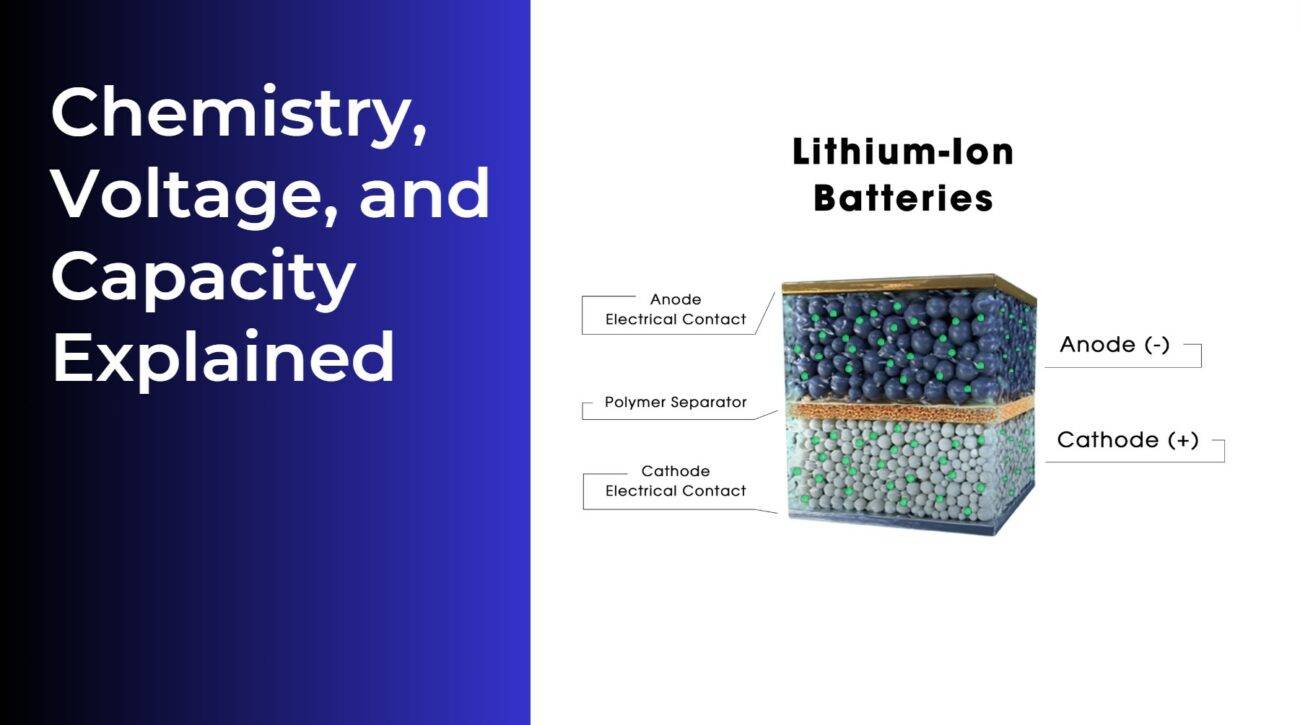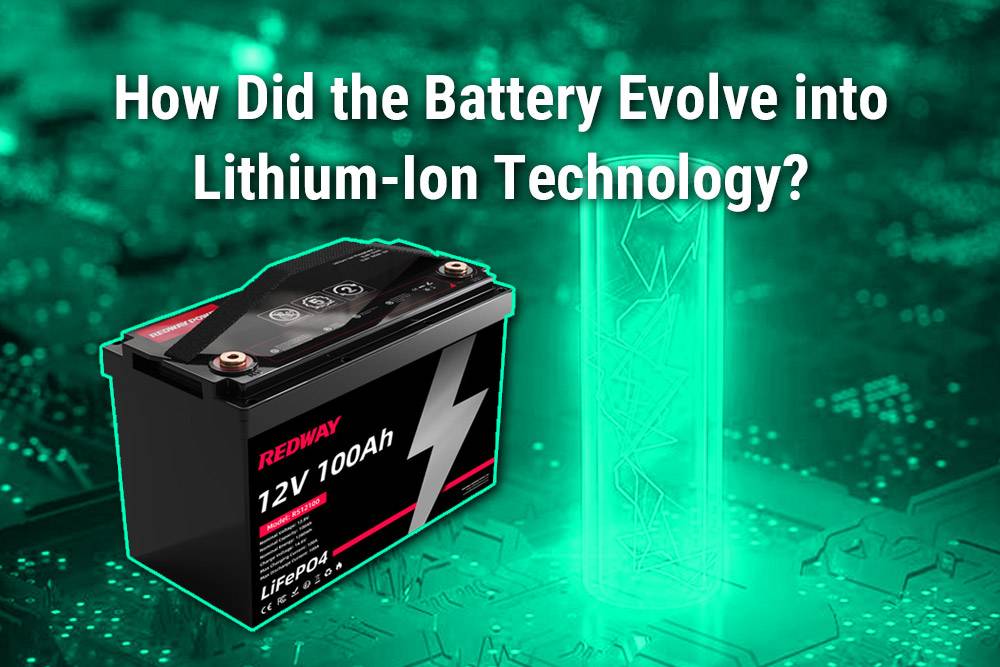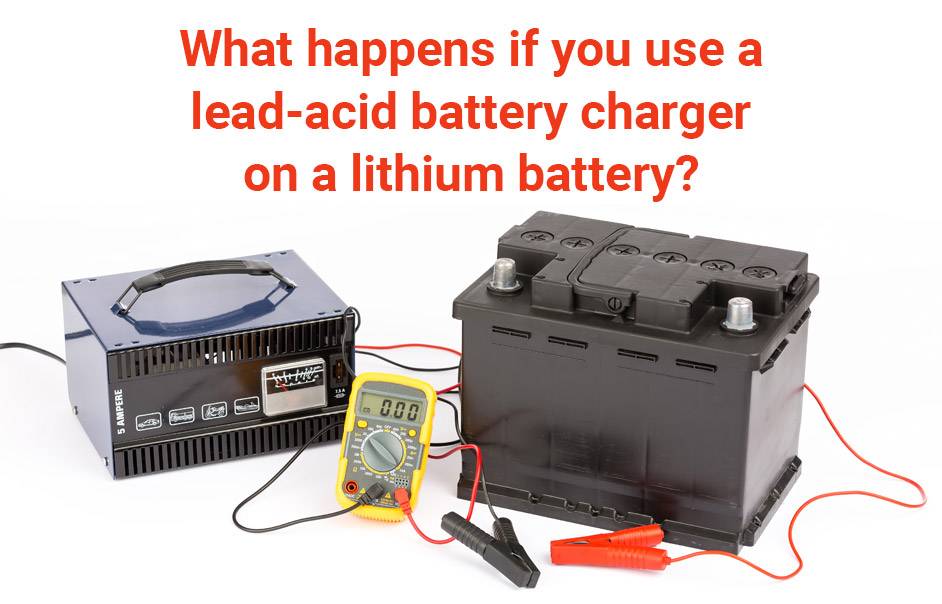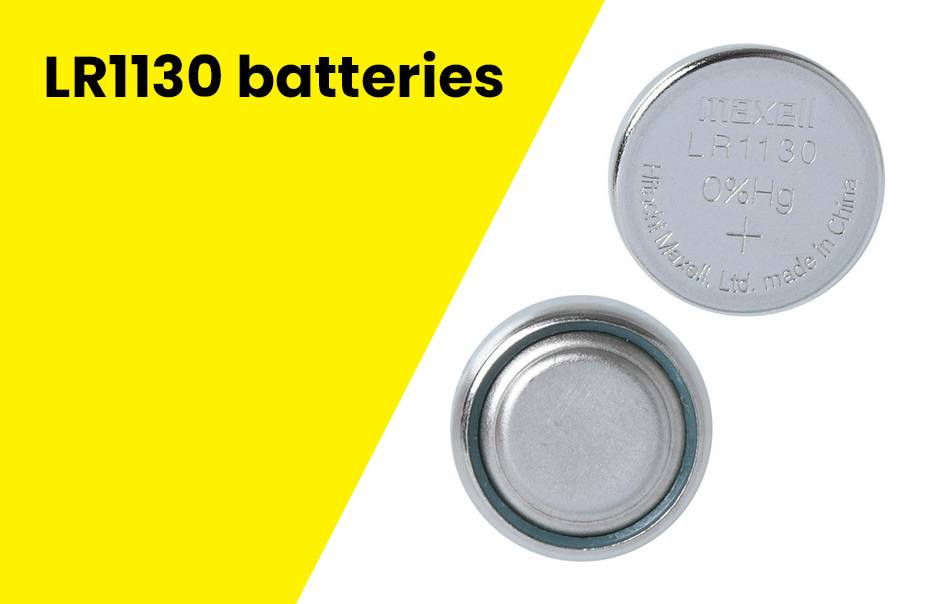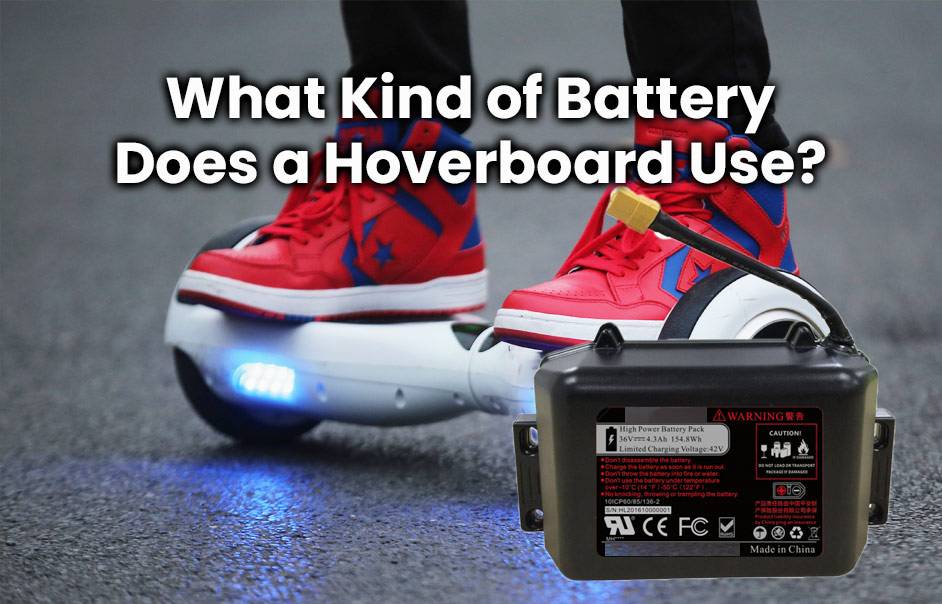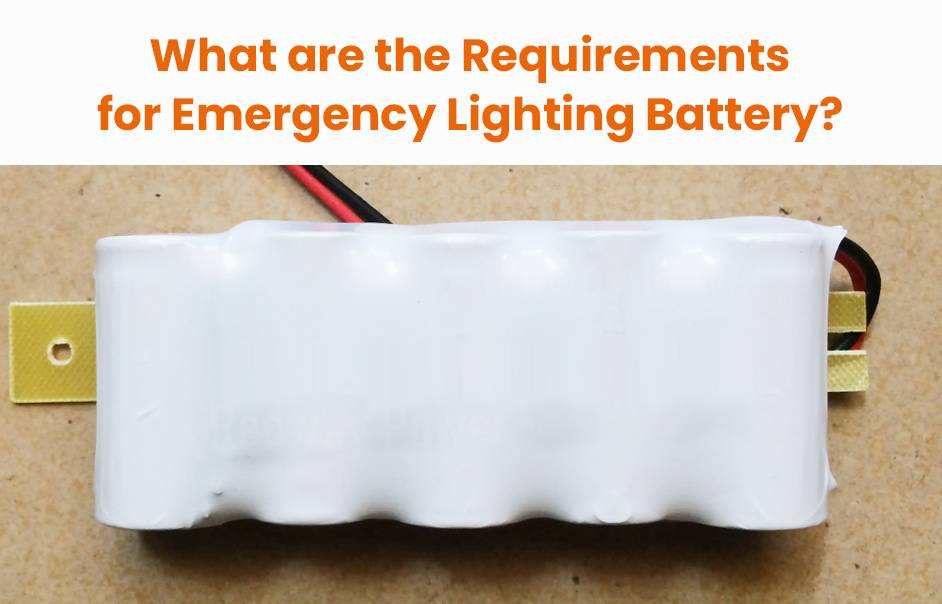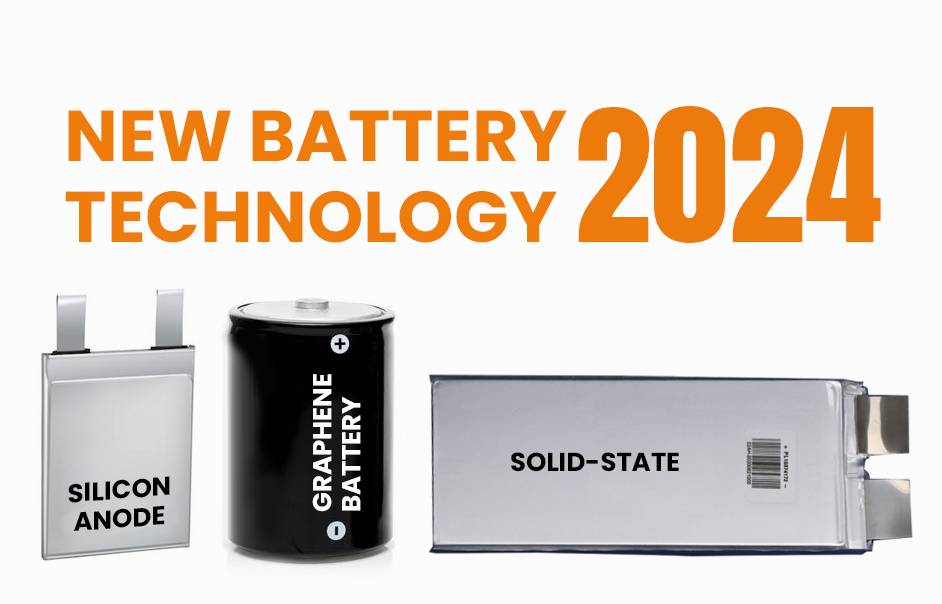Don’t let low battery ruin your day! In today’s tech-driven world, having a reliable charger for your smartphone, laptop, or car is essential. With a plethora of options available, this blog post promises to guide you through everything you need to know about battery chargers. Discover the types and factors to consider, ensuring you make the right choice for staying powered up. Get ready to power up and stay connected!
The Importance of Battery Chargers
In today’s fast-paced digital era, battery chargers have evolved from accessories to necessities, rescuing us from frantic searches for outlets and dead batteries. They provide a lifeline for portable devices, ensuring connectivity during emergencies and extending battery lifespan. High-quality chargers reduce waste, save money, and guarantee uninterrupted productivity. Investing in the right charger is crucial for staying charged up and connected in our technology-dependent lives.Are you tired of running out of battery power when you need it the most? Whether it’s your smartphone, laptop, or even your car, having a reliable battery charger is essential in today’s tech-driven world. But with so many options to choose from, how do you know which one is right for you? In this blog post, we’ll explore everything you need to know about battery chargers – from the different types available to factors to consider when making a purchase. So sit back and get ready to power up!
Types of Battery Chargers
Explore the diverse world of battery chargers, each tailored to unique needs:
- Trickle Chargers:
- Ideal for infrequently used batteries, providing a slow and steady charge for long-term maintenance.
- Fast Chargers:
- Designed for quick recharging, perfect when you need your devices up and running in a short time.
- Intelligent Chargers:
- Equipped with advanced features like microprocessors to monitor and control the charging process, adjusting rates for safe and efficient charging.
- Solar Chargers:
- Harness solar energy for eco-friendly recharging, offering portability for outdoor activities or when electricity is limited.
- Universal Chargers:
- Versatile options capable of charging multiple battery types simultaneously, catering to users with different devices.
Always check specifications to ensure compatibility with your specific batteries before making a purchase decision.
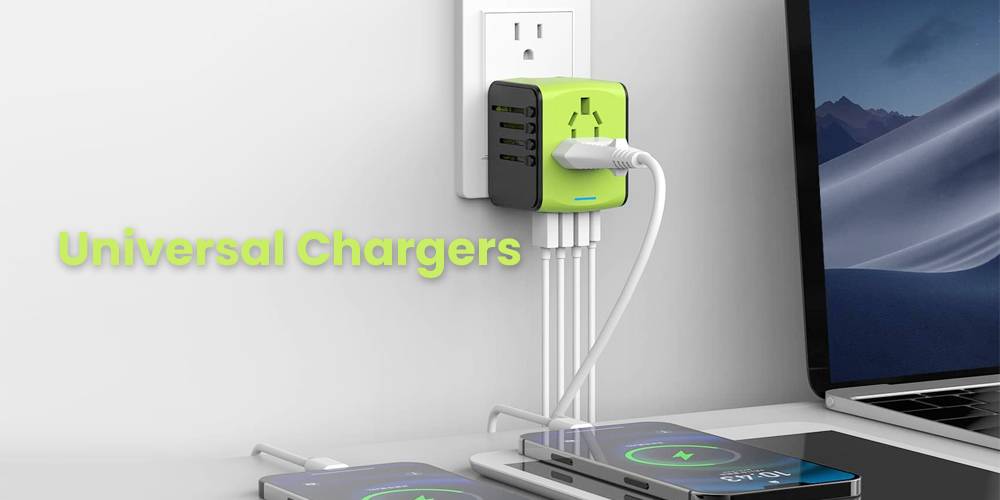
Factors to Consider When Choosing a Battery Charger
Choosing the right battery charger involves considering various factors to meet your specific needs. Here’s a concise breakdown:
- Battery Compatibility:
- Ensure the charger is compatible with the type of batteries you’ll be charging. Different chargers are designed for specific battery types.
- Charging Speed:
- Evaluate the charging speed. Faster rates can be convenient, but be cautious as it may impact the overall lifespan of certain battery types.
- Size and Portability:
- Consider the size and portability of the charger. Compact and lightweight options are ideal for travelers, while larger ones may suit home or office use.
- Safety Features:
- Prioritize safety with built-in protection mechanisms. Look for features like overcharging protection, short-circuit prevention, and temperature control to ensure accidents are avoided.
- Budget Consideration:
- Factor in your budget. While high-end chargers with advanced features exist, there are also affordable options that provide reliable performance without breaking the bank.
By assessing these factors – battery compatibility, charging speed, portability, safety features, and budget – you can confidently choose a battery charger that aligns with your requirements.
Proper Usage and Maintenance of Battery Chargers
Ensure the longevity of your battery charger with these simple tips for proper usage and maintenance. Following these guidelines will not only keep your charger in good condition but also maximize the lifespan of your batteries.
- Read Manufacturer’s Instructions:
- Always start by reading the manufacturer’s instructions. Be aware of specific requirements or limitations unique to your charger model to prevent potential damage or accidents.
- Choose the Correct Charging Mode:
- Select the appropriate charging mode for your batteries, whether it’s trickle charge, fast charge, or maintenance charge. This ensures optimal performance and safety based on your battery type.
- Avoid Overcharging:
- Prevent overheating and reduce battery life by avoiding overcharging. Disconnect your batteries promptly once they reach full charge to maintain their health.
- Regular Cleaning:
- Maintain efficiency by regularly cleaning battery contacts and charger terminals. Dust, dirt, or corrosion can hinder proper electrical connections, affecting charging performance.
- Proper Storage:
- Store your battery chargers in a cool, dry place when not in use. Extreme heat or moisture can damage internal circuitry over time, affecting overall functionality.
Incorporating these simple tips into your battery charging routine ensures not only longer-lasting batteries but also a safer and more efficient charging experience.
Common Myths about Battery Chargers
Discover the truth behind common myths about battery chargers. Let’s debunk misconceptions to ensure your devices stay powered without unnecessary worries.
- Myth: Leaving your device plugged in overnight damages the battery.
- Reality: Modern chargers prevent overcharging; they automatically stop supplying power when your device is fully charged.
- Myth: Using any charger with your device is okay.
- Reality: Different chargers have specific requirements. Using an incompatible one can lead to slow charging or damage to your device’s battery.
- Myth: Frequent charging shortens your phone’s battery life.
- Reality: Contrary to belief, lithium-ion batteries benefit from frequent charges between 20% and 80%, prolonging overall lifespan.
- Myth: Fully discharging a lithium-ion battery is necessary.
- Reality: Modern lithium-ion batteries don’t suffer from memory effect. Regular charging without full discharge is optimal for performance.
In understanding these facts, you can use battery chargers effectively, ensuring your electronic devices’ batteries last longer.
Top Recommended Battery Chargers in the Market
In this article, we’ll explore the importance of battery chargers, discuss various types, and provide tips for choosing, using, and maintaining them. We’ll also debunk common myths and highlight some top recommended chargers currently available in the market.
- Noco Genius G3500: A versatile charger suitable for lead-acid and lithium-ion batteries, it ensures safe and efficient charging with advanced technology.
- Battery Tender Plus: Reliable and designed to maintain optimal battery levels without overcharging, offering peace of mind for prolonged battery life.
- Black+Decker BM3B: Compact and powerful, it provides multiple connection options and has a built-in microprocessor to prevent overcharging.
- Schumacher SC1281: Ideal for larger vehicles, this charger features both 6-amp slow charge mode and 30-amp rapid charge mode to meet diverse needs.
- Optima Digital 400: Equipped with an easy-to-read LCD screen and spark-proof technology, this smart charger ensures quick recharges with safety measures in place.
By understanding how battery chargers work and considering your specific needs, you can find a reliable charger to keep your devices powered up efficiently without compromising their lifespan or performance. Equip yourself with the right knowledge for a well-informed purchase decision.



